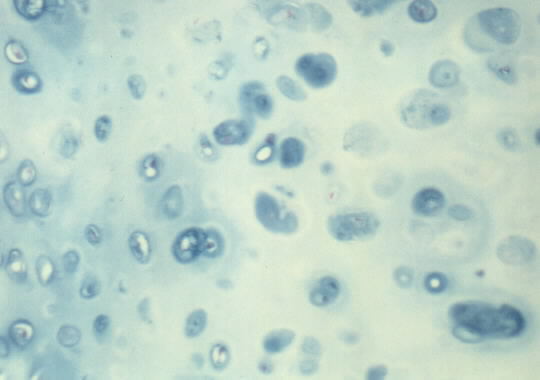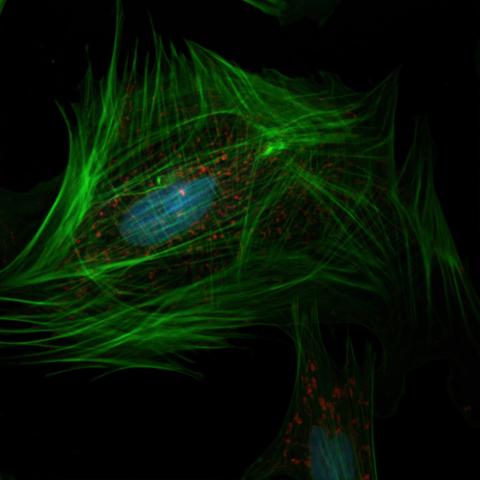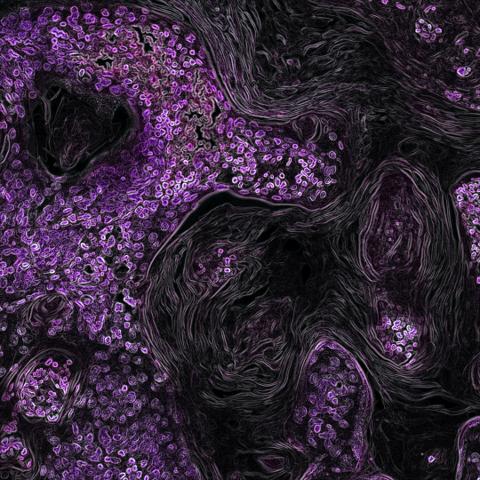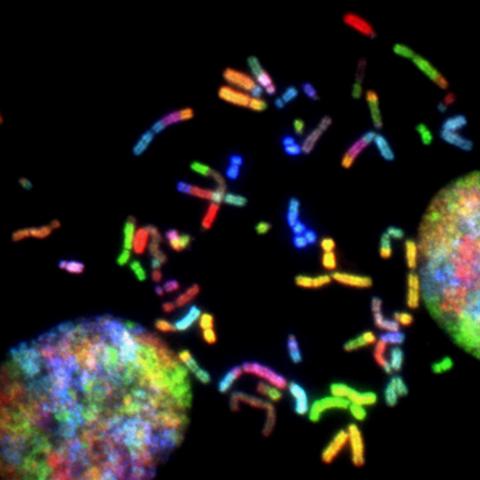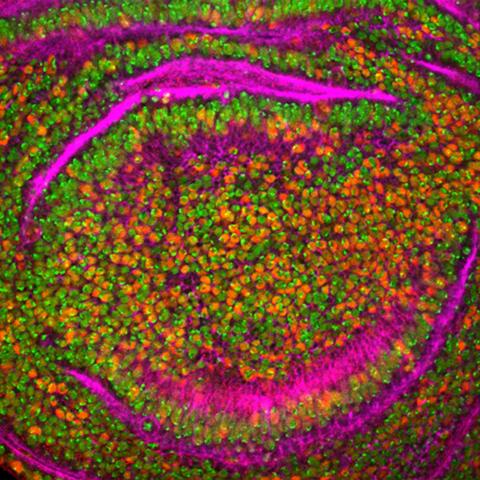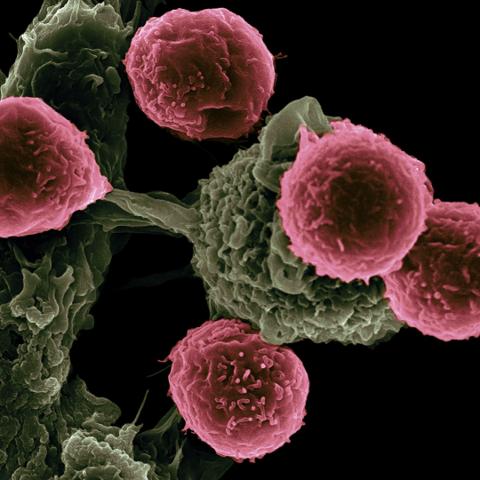
p53
Discover unknown universes
Bcl2
Meet great people
KRAS
Enjoy your fears
BRAF
Read the best love stories
Genes in research
Discover the genetic history
In signal transduction, apoptosis, and cancer research, there are several genes that are considered important due to their crucial roles in these processes. Here are some of the most significant genes:
- TP53 (p53): TP53 is often called the "guardian of the genome" since it plays a critical role in regulating cell cycle progression, DNA repair, and apoptosis. Mutations in TP53 are commonly found in various types of cancer, making it a key gene in cancer research.
- BCL2: BCL2 is an anti-apoptotic gene that regulates cell survival by preventing programmed cell death or apoptosis. Dysregulation of BCL2 can lead to resistance to apoptosis, a hallmark of cancer cells.
- KRAS: KRAS is a proto-oncogene involved in the regulation of cell proliferation and differentiation. Mutations in the KRAS gene are frequently found in various types of cancer, particularly in colorectal and lung cancer.
- EGFR: The epidermal growth factor receptor (EGFR) is a tyrosine kinase receptor that plays a crucial role in cell proliferation and survival. Mutations or overexpression of EGFR are commonly observed in multiple cancer types and are important targets for therapeutic interventions.
- PIK3CA: PIK3CA is a gene that codes for a catalytic subunit of phosphoinositide 3-kinase (PI3K), an enzyme involved in cell growth, metabolism, and survival. Mutations in PIK3CA are frequently found in various cancers, including breast, colorectal, and ovarian cancer.
- PTEN: PTEN is a tumor suppressor gene that negatively regulates the PI3K pathway by acting as a phosphatase. Loss of function mutations in PTEN occur in many types of cancer, leading to the activation of PI3K signaling and increased cell survival.
- BRAF: BRAF is a gene that encodes a protein involved in the RAS-RAF-MEK-ERK signaling pathway, which regulates cell growth and division. Mutations in the BRAF gene are commonly found in melanoma, colorectal, and thyroid cancer.
These are just a few examples of the important genes involved in signal transduction, apoptosis, and cancer research. Further studies and advancements continue to identify new genes and pathways that contribute to these processes.
.
Discover apoptosis
Explore our top-end Collector's Editions.
Signed and limited tributes to some of the most outstanding writers of all time.
